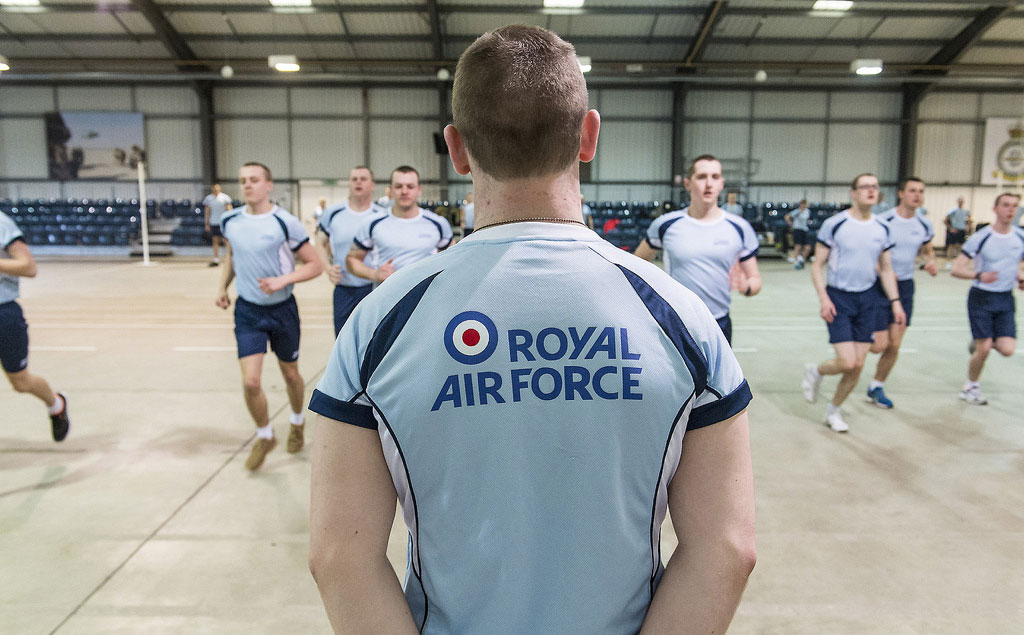
RAF could ditch fitness tests for tech specialists, service chief suggests

The head of the RAF wants to start a conversation about fitness requirements for future recruits in niche roles who are removed from the battlefield.
Specialists in the data and digital world play an increasingly decisive role in modern combat and communication, but must currently have to pass the same entry tests as those who get close to the enemy.
Pressed on the issue at an annual air and space power conference, Air Chief Marshal Sir Mike Wigston said physical and health-related standards will likely stay the same for many.
- Should Army have gender-neutral naming conventions for its ranks?
- RAF's Typhoons to get 'world's most advanced radar' as part of £2.35bn investment
- RAF jets deployed to NATO applicants Finland and Sweden as presence increased
Currently, everyone joining the RAF must complete a set number of push-ups and sit-ups in a minute, a timed run of a mile and-a-half, and a 'beep test'.
Sex and age determine the pass rates for each individual's Pre-Joining Fitness Test (PJFT).
Before taking questions at the event, the RAF chief had described how Russian air force failures above Ukraine are a result of an under-investment in people, compared to advanced technology.
Afterwards, he described a British military that's fit for the future but one that also takes advantage of the widest available talent pool.
Watch: Tempest – inside the fighter jet of the future.
Not for the first time, the question of recruits with neurodiversity conditions, including autism, was addressed by a member of the forces' top brass.
Cyber warfare continues to develop as a new military domain and ACM Wigston wants to make sure those who could add value to the military through digital and data skills are not excluded.
Current medical entry standards mean autism and ADHD diagnoses are reviewed on a case-by-case basis – some recruits on such a spectrum are unable to join.
A Ministry of Defence spokesperson said: "We are extremely proud of the wide-ranging make-up of our Armed Forces, including the many neurodiverse service personnel within our ranks.
"It is important that our Armed Forces reflect the society they serve and benefits from the talent that is available.
"Equally, it is essential that all personnel are able to serve, fit and healthy, for the period of their engagement, to ensure operational efficiency and the safety of others."









